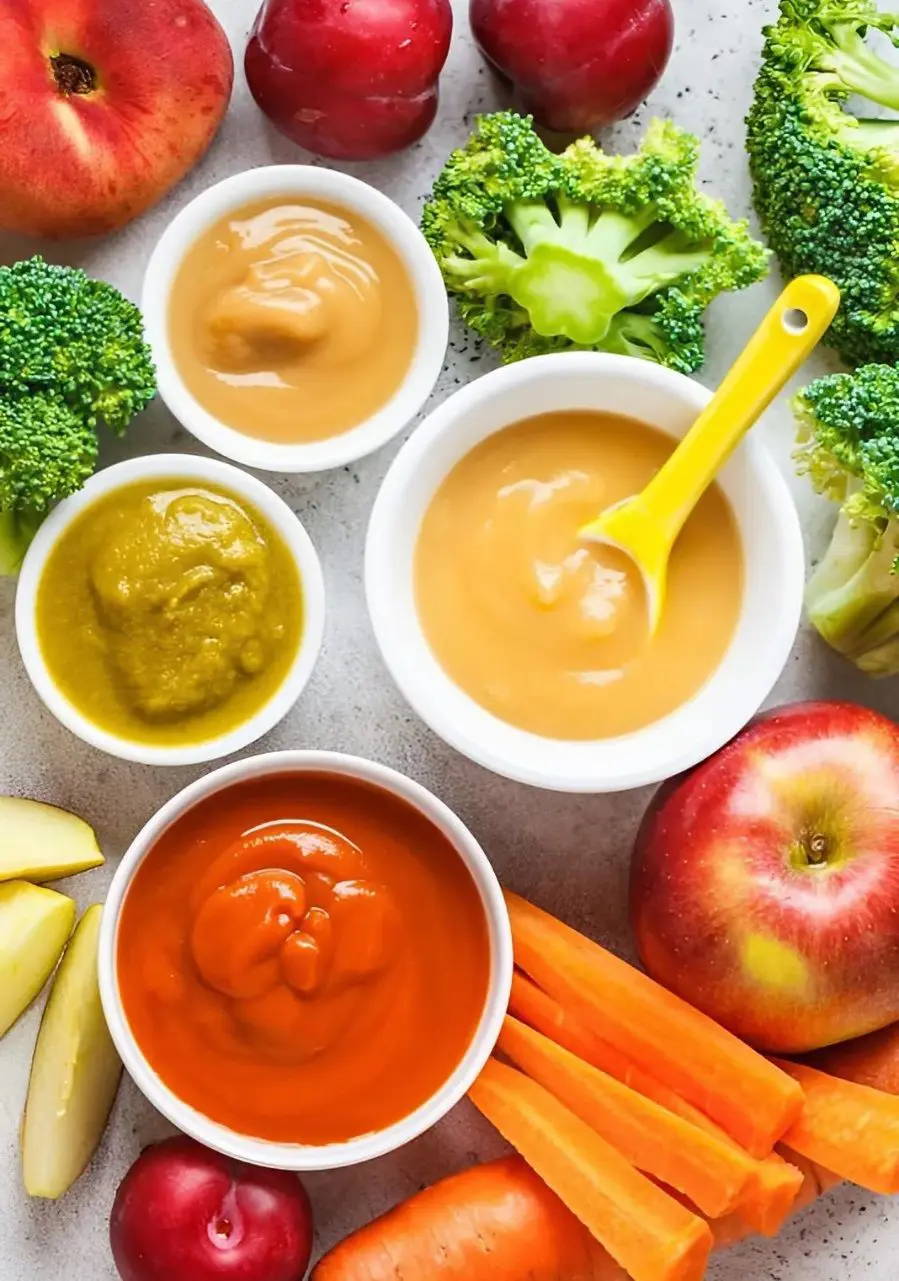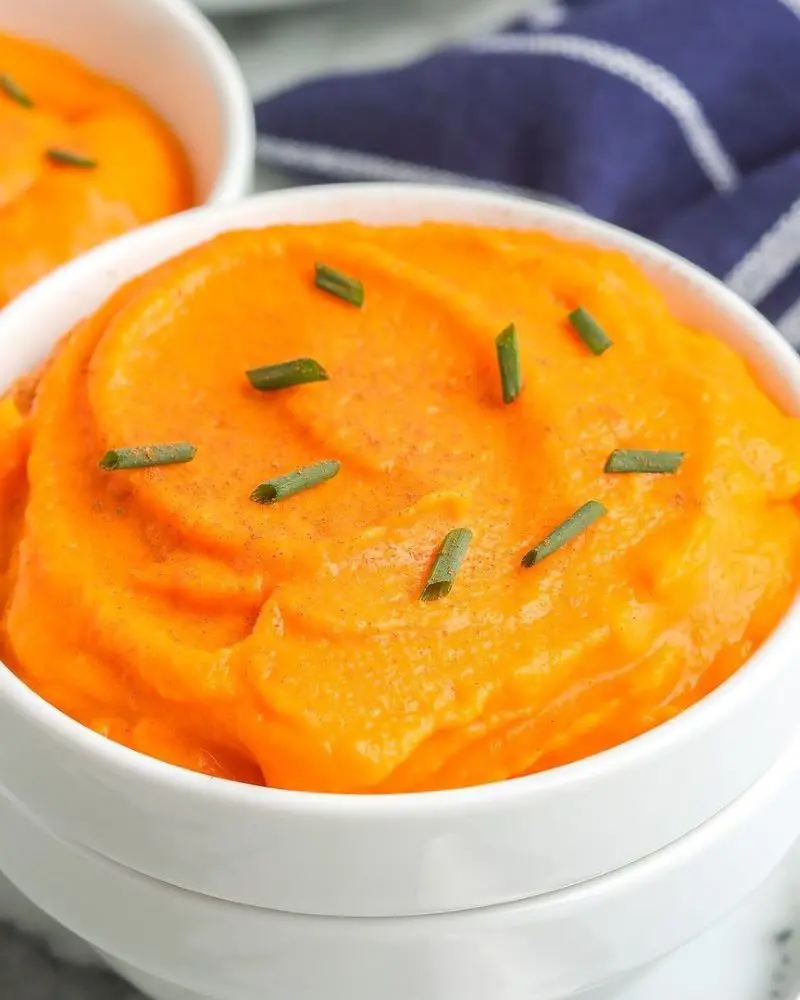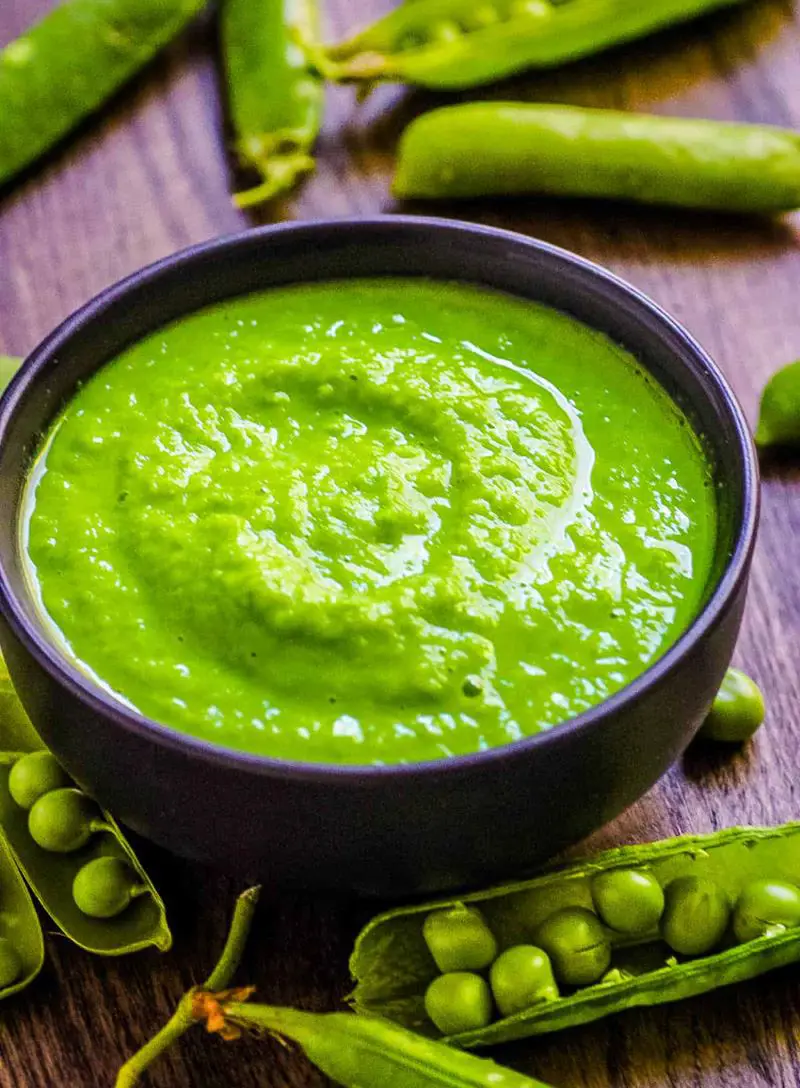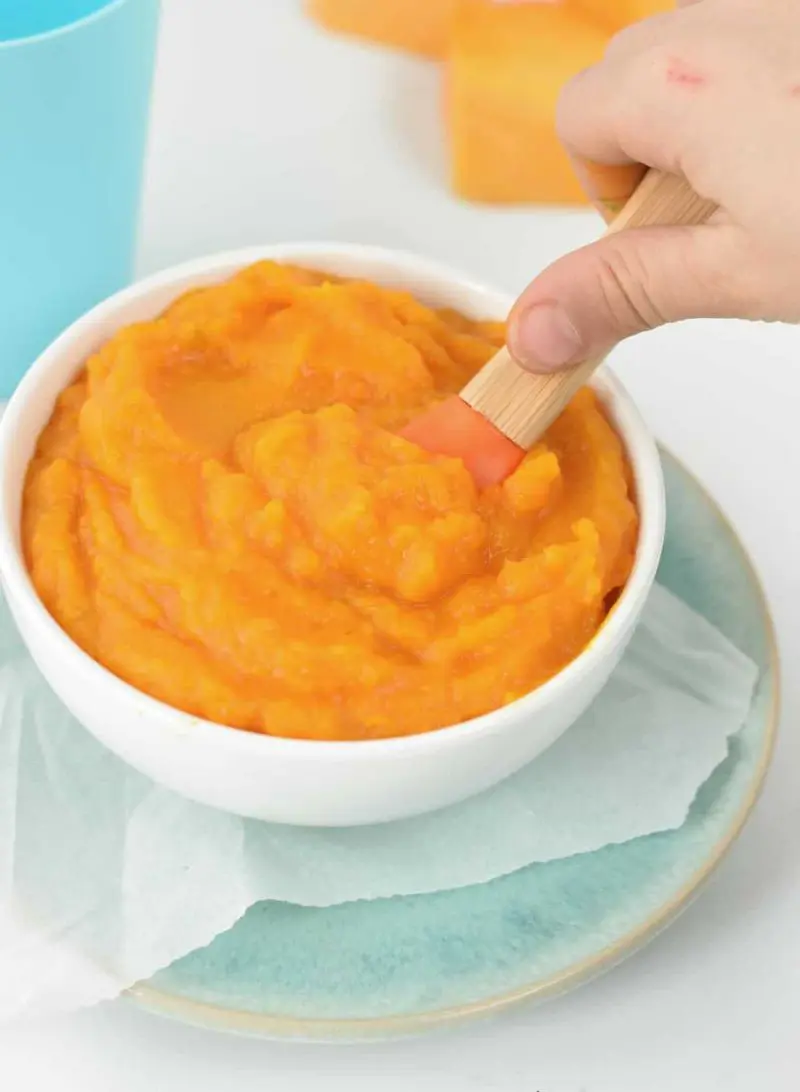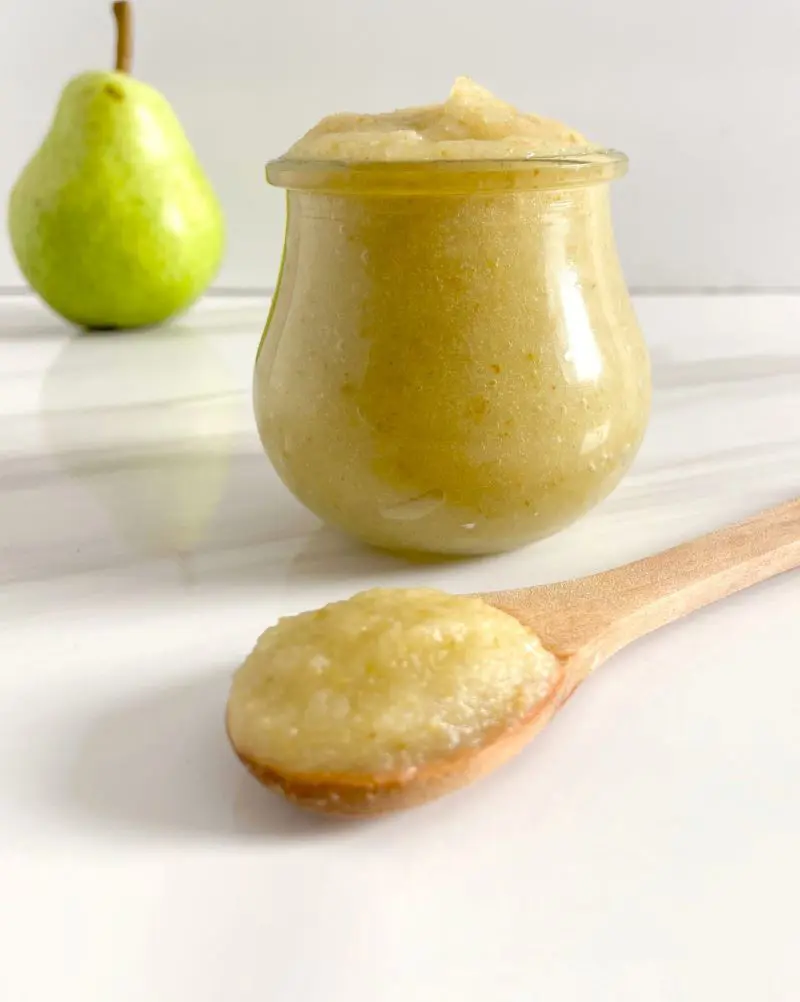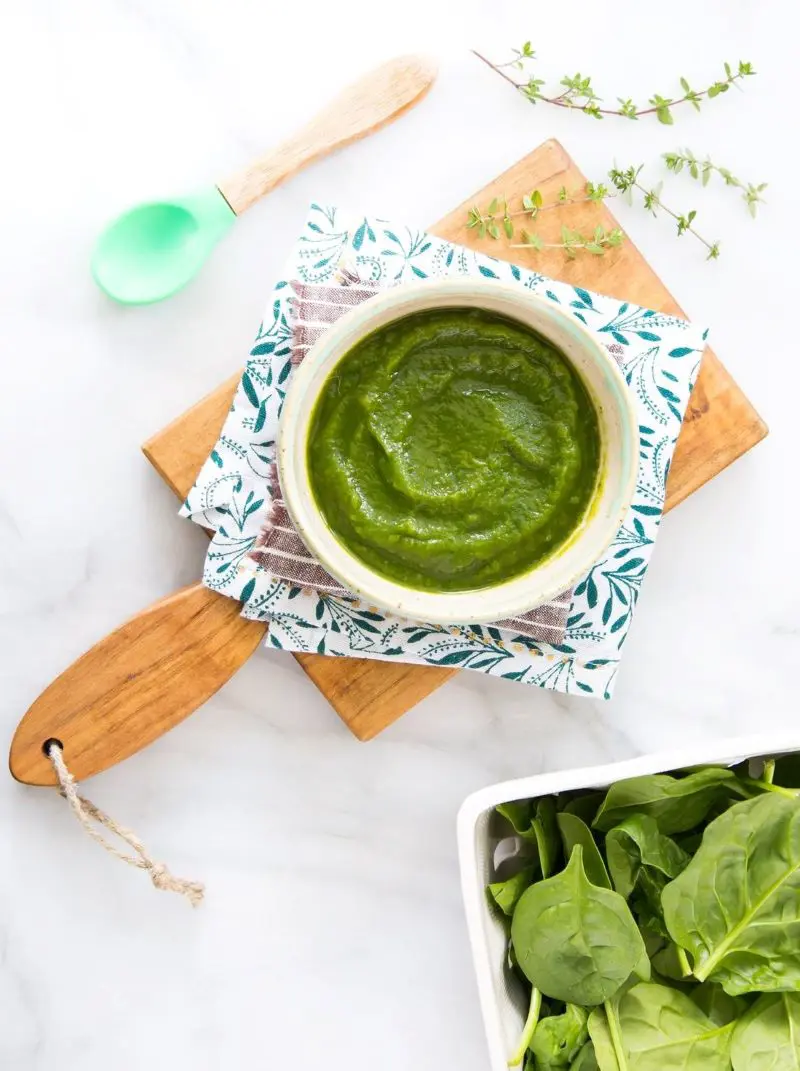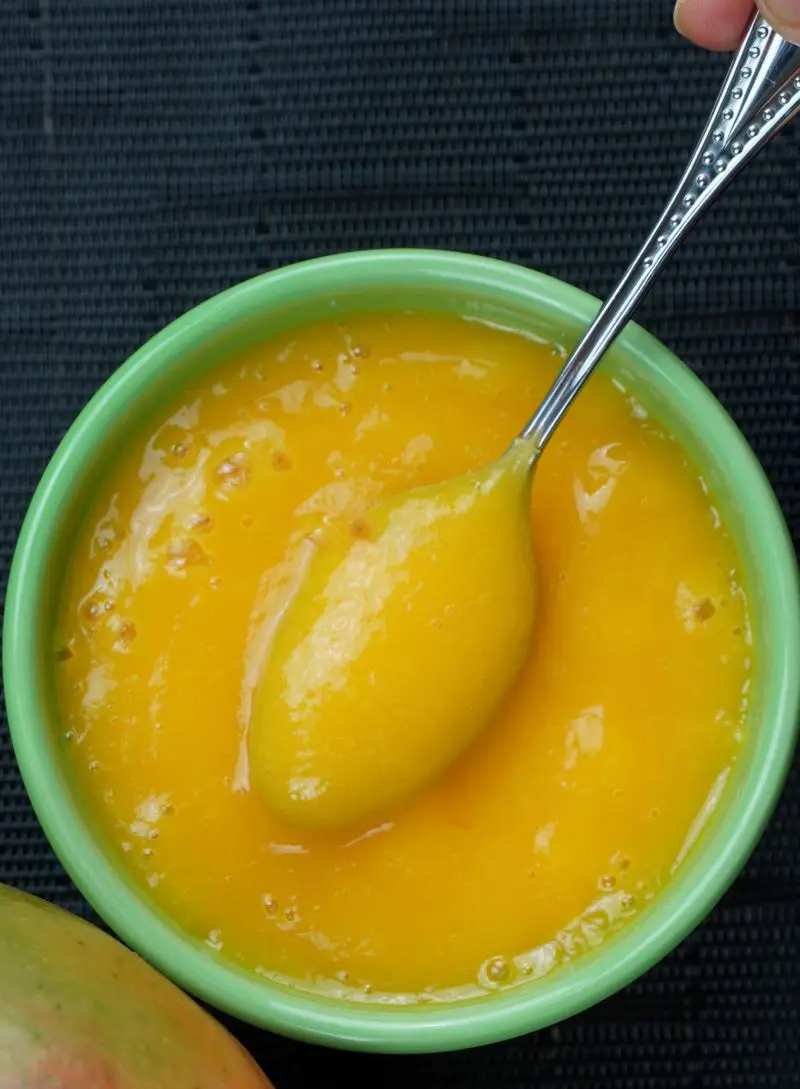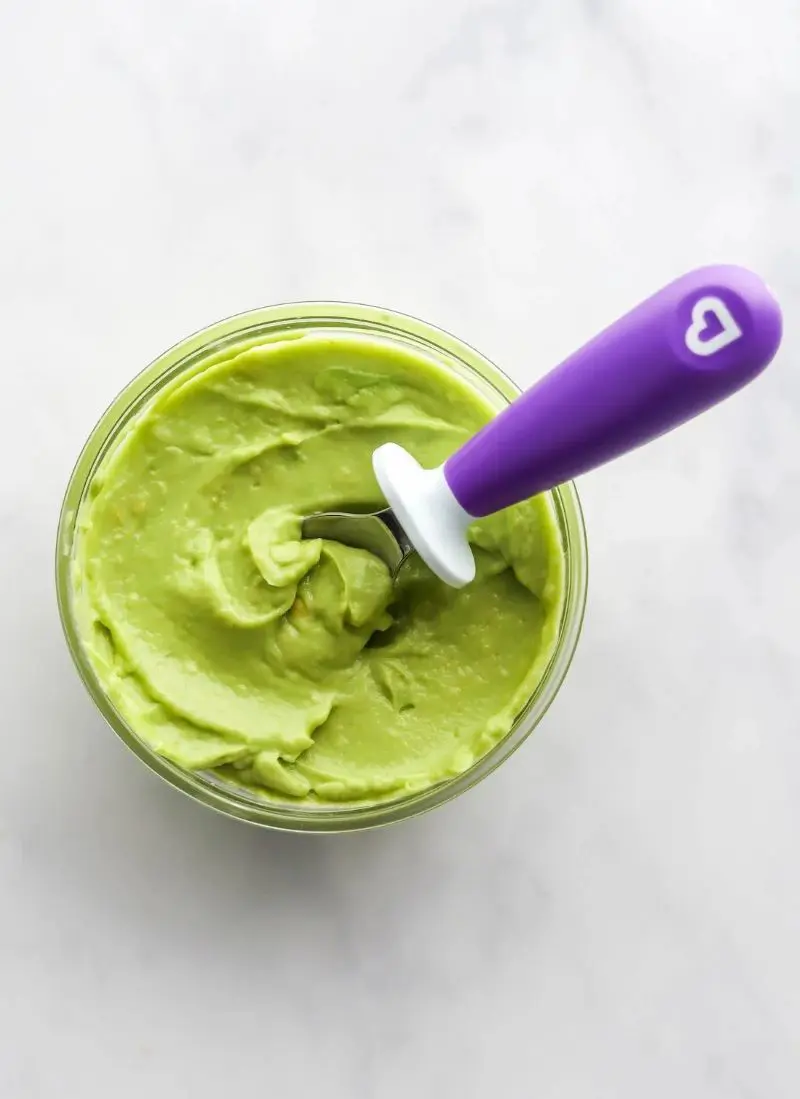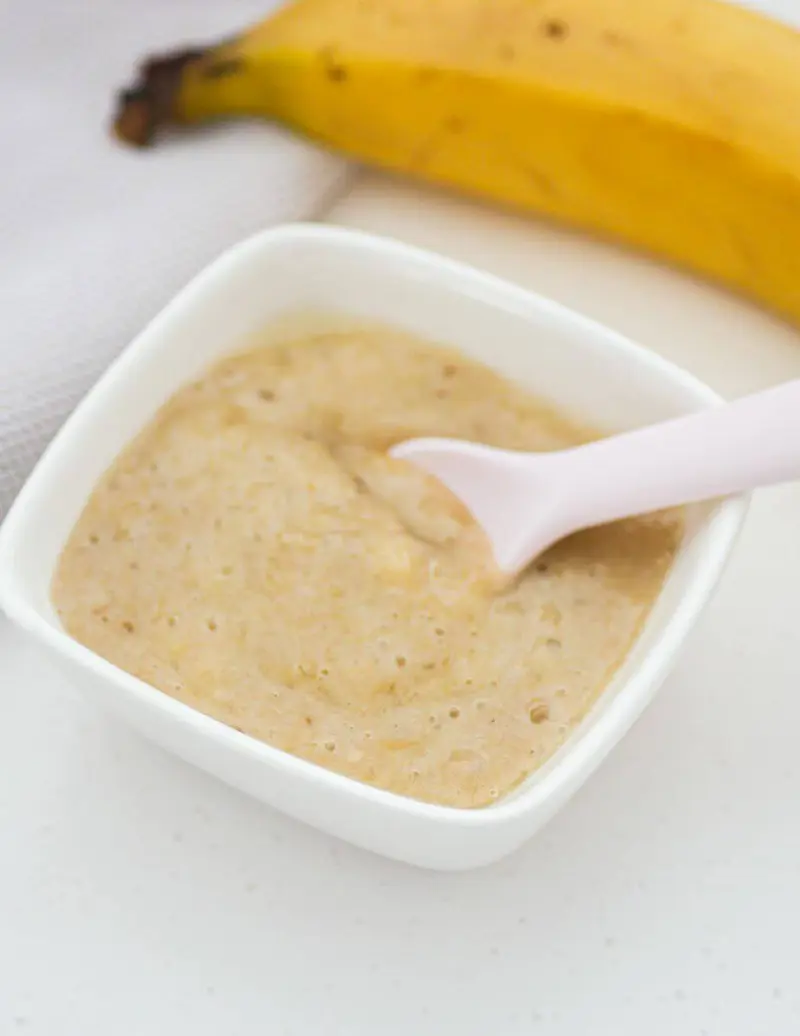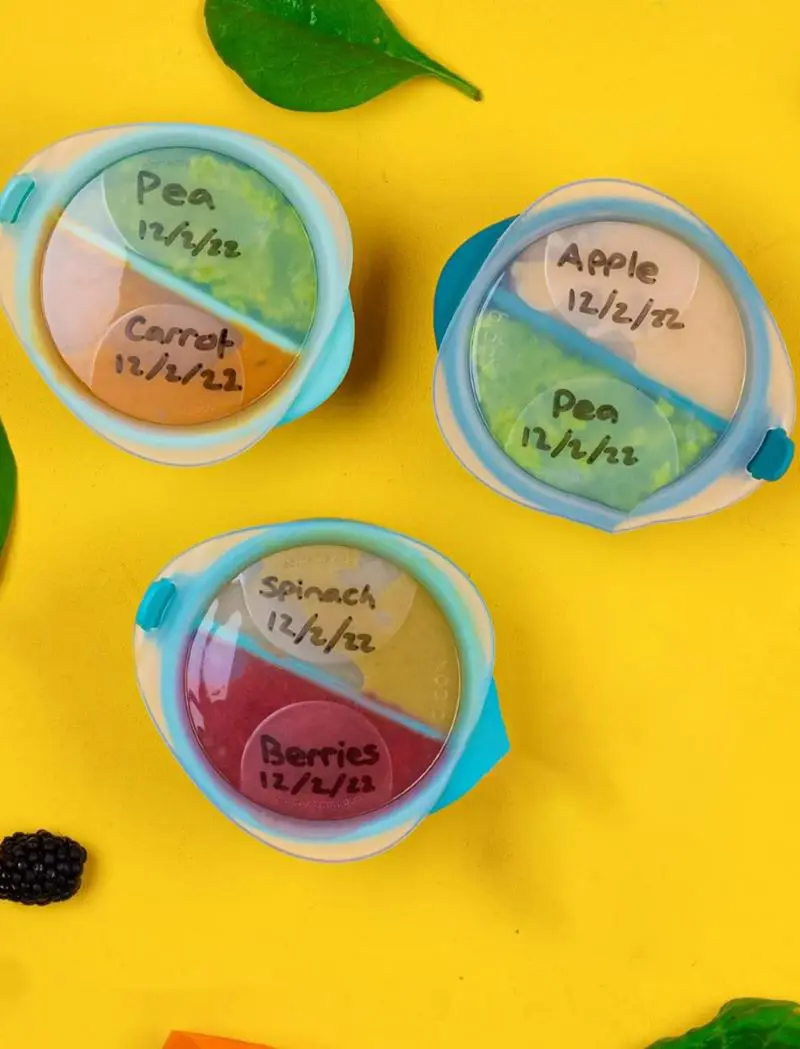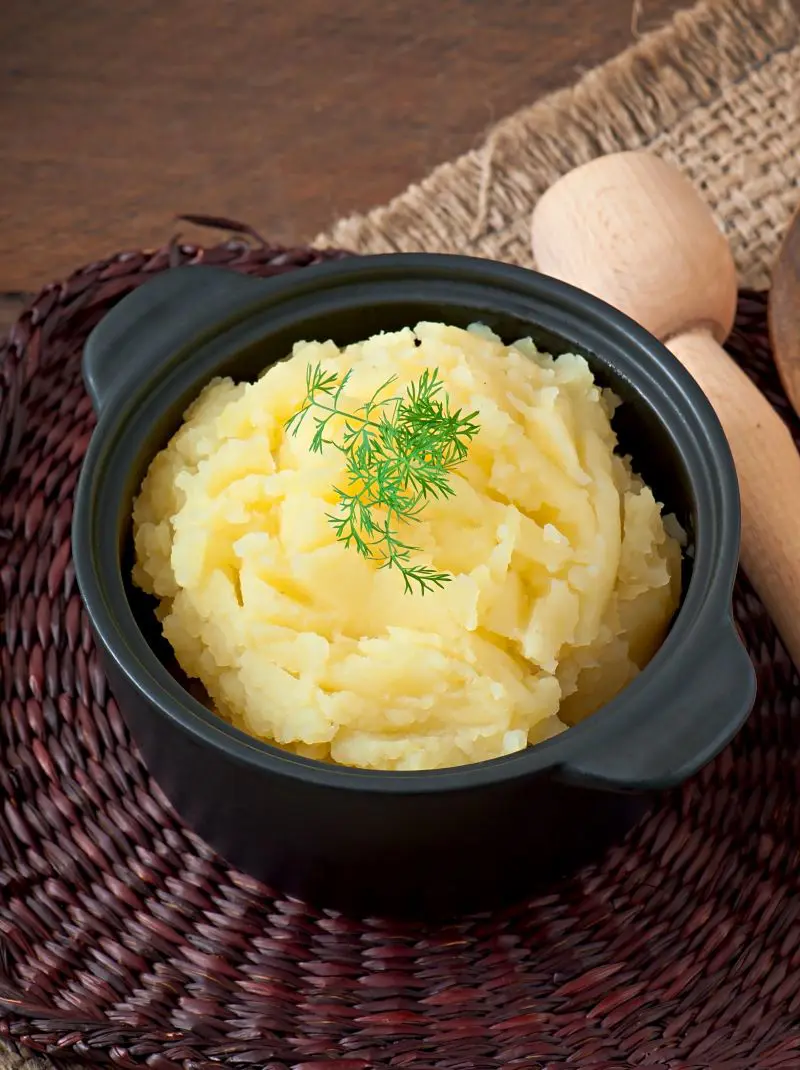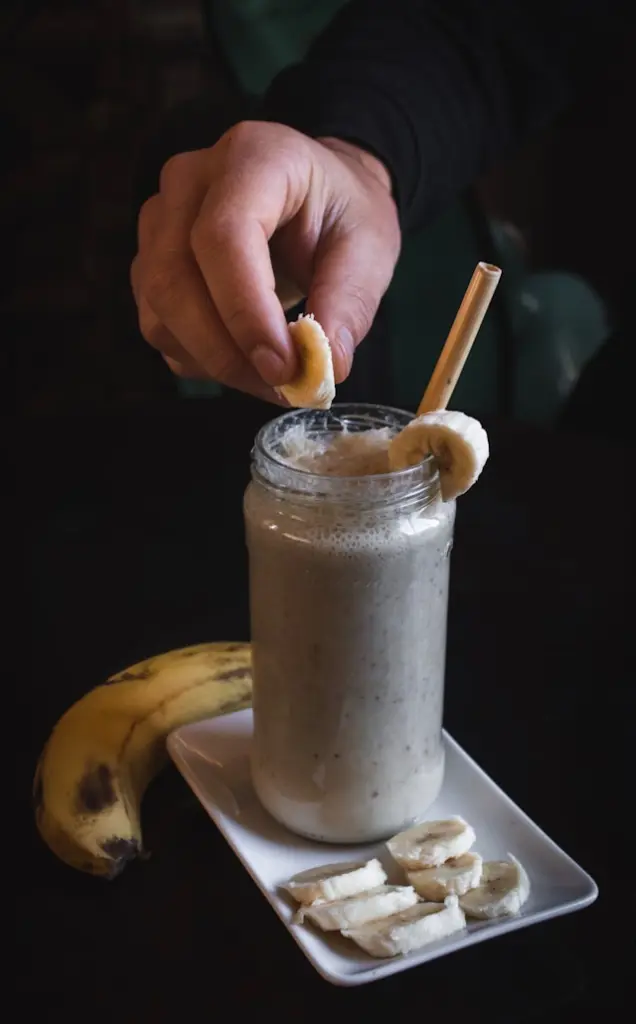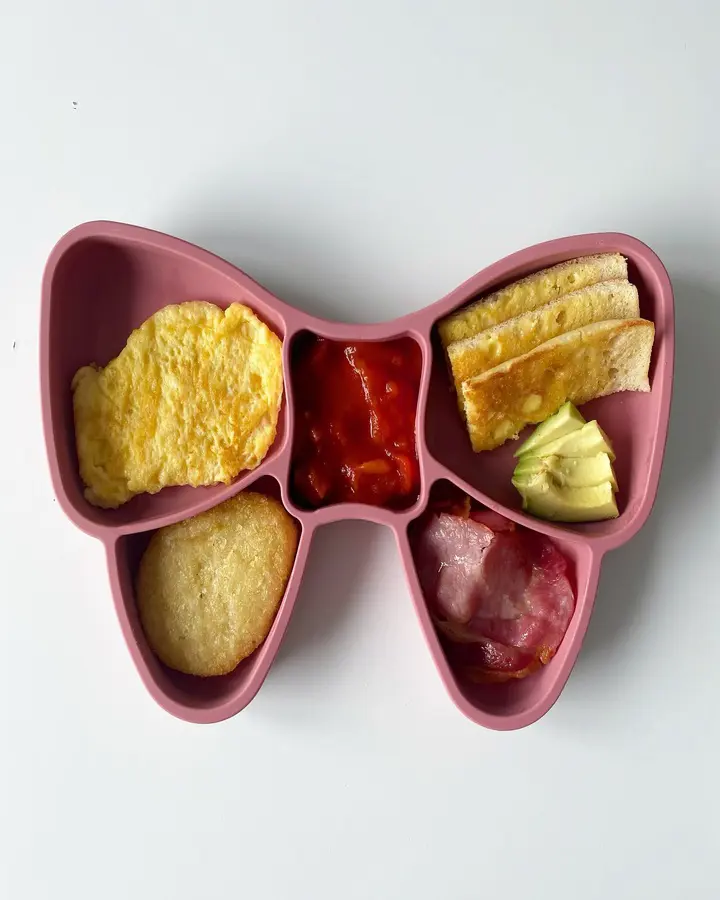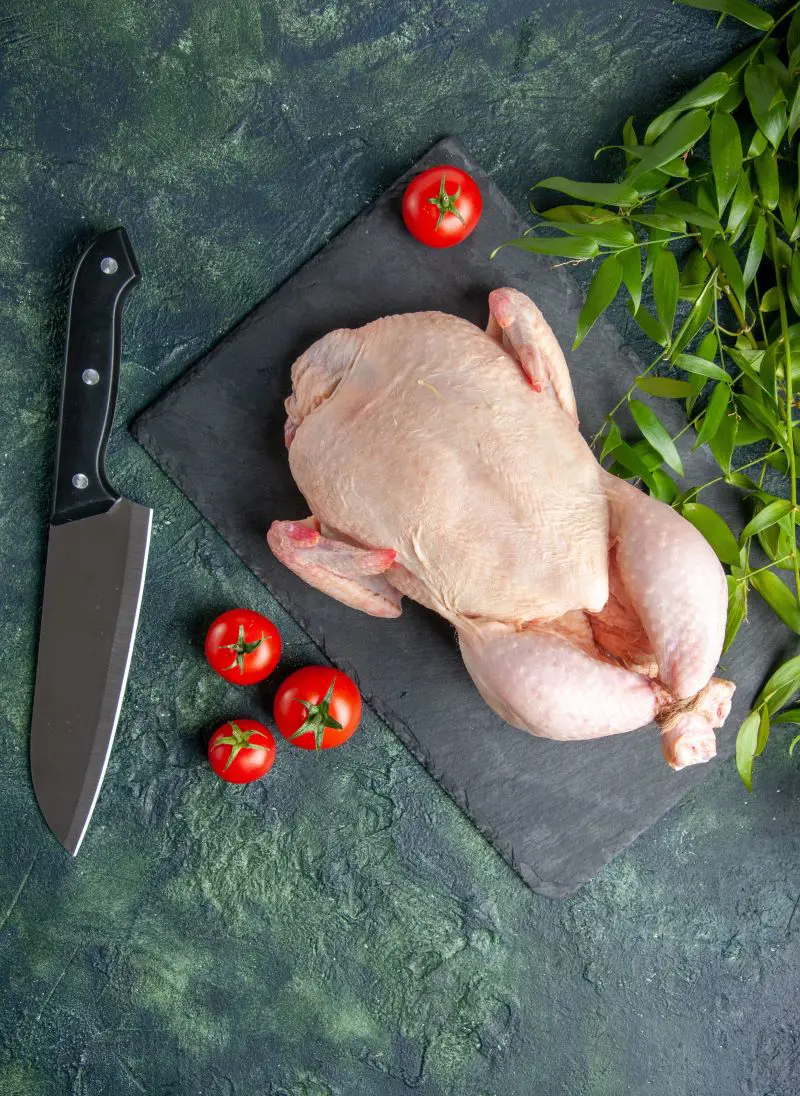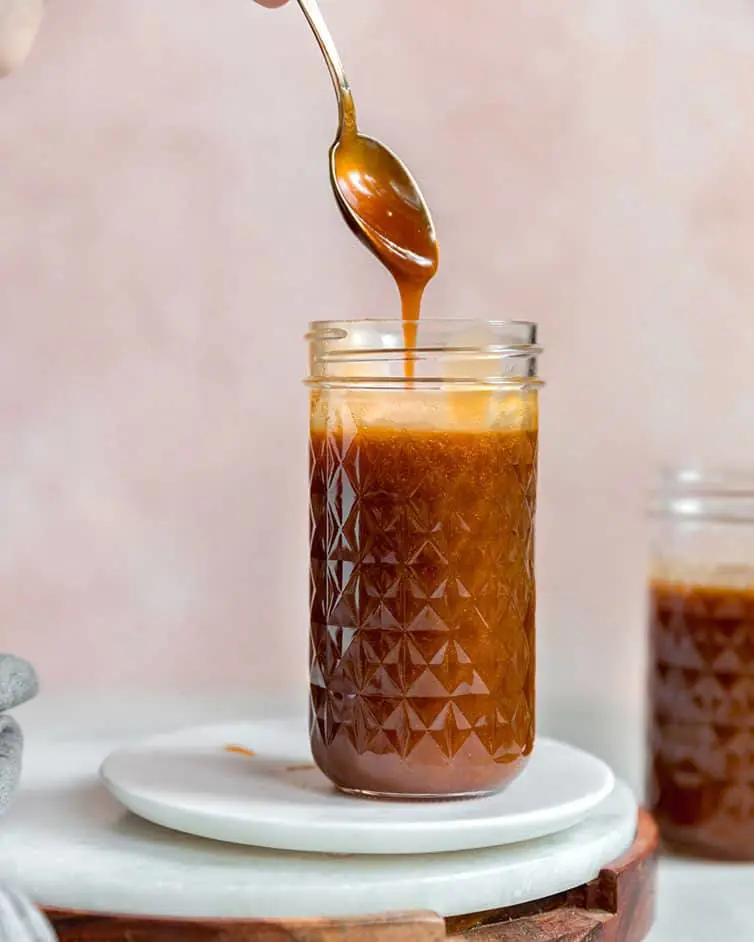1. Apple Puree
Apple puree is a popular choice for baby food due to its mild flavor and smooth texture, making it easy for infants to digest. Typically introduced around 4 to 6 months of age, apple puree provides essential nutrients such as vitamins A and C, and dietary fiber.
To prepare it, simply cook peeled and cored apples until soft, then blend until smooth. Ensure there are no lumps to avoid choking hazards. This puree can be served alone or mixed with other fruits or cereals. It’s a great way to introduce babies to new flavors while offering a nutritious, homemade option.
